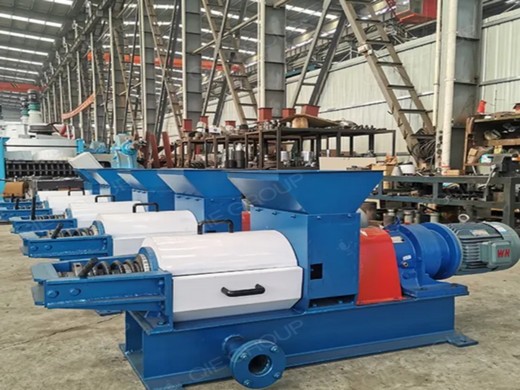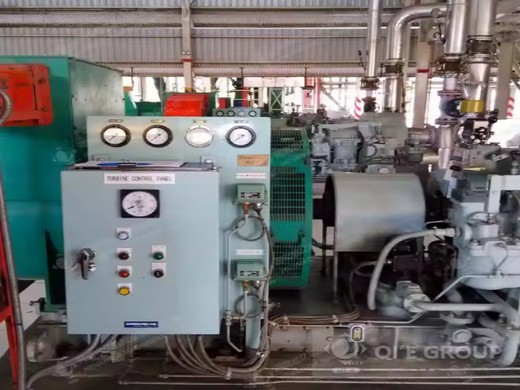Partnerships for transformational change Sustainable
At the same time, our Sustainable Palm Oil Sourcing Policy goes beyond those standards, in the areas of no deforestation, no development on peat, no exploitation of people or communities, driving positive social and economic impact for smallholders and women while protecting forests and transparency areas where we think the industry as a
The suppliers we buy our palm oil from are at the heart of our ambition to make sustainable palm oil commonplace. By working closely with them to drive improved standards, we’ve progressed two thirds of the way towards our target of 100% physically certified palm oil and its derivatives for our core volumes by the end of 2025.
Our approach to sustainable palm oil Sustainable
A policy aimed at transformational change. Our Sustainable Palm Oil Sourcing Policy (167KB) drives our efforts to transform the palm oil industry. When we refreshed it in 2016, we brought forward our target of 100% physically certified palm oil and its derivatives for our core volumes from 2025 to 2025.
Palm oil is an important raw material for many of our brands and securing a supply of sustainable palm oil is vital to the future success of our business. Our Sustainable Palm Oil Policy sets out our commitment to 100% traceability for all the crude palm oil and derivatives that we buy and our target of achieving, by the end of 2025, 100%
Unilever global company website Unilever
From nutrition workshops in Mexico to food innovation in the Netherlands, Knorr’s Future 50 Foods report has created momentum for sustainable change throughout the business, and given consumers a practical way of making environmentally-friendly changes to their daily lives.
Unilever Sustainable Palm Oil Sourcing Policy Introduction Unilever uses palm oil and its derivatives in margarine, soups, sauces, bouillon and ice cream as well as a range of and personal care products. So it is important that consumers have the confidence
Reports & publications Sustainable Living Unilever
This archive lists our sustainability reports back to 1999, the assurance reports for our sustainability metrics and other important documents.
This includes 51% as physical sustainable sources (2017: 51%) and 5% in the form of certificates for soy and sugar. The sale of our spreads business during 2025 had a slight downward impact on overall sustainable sourcing performance, given the substantial volume of palm oil
WWF Palm Oil Buyers Scorecard Unilever
In April 2025 Unilever launched its Sustainable Palm Oil Sourcing Policy. Unilever is involved in the process to define High Carbon Stock and align on a common methodology for companies to implement their no deforestation commitments. Unilver has a partnership with the World Resources Institute (WRI) on transparency and risk management of
We are co-chair of the Consumer Goods Forum’s (CGF) Palm Oil Task Force to drive the industry’s improvements to palm oil sourcing; We sat on the board of the Roundtable for Sustainable Palm Oil (RSPO) from 2014-18 because we believe, despite its limitations, RSPO can be part of the solution.
- Does Unilever have a sustainable palm oil supply chain?
- Perkebunan Nusantara IV for the development of a sustainable palm oil supply chain Unilever is dedicated to actively addressing sustainability challenges in the palm oil industry. The latest evidence of this commitment comes in the form of a new, long-term partnership between the FMCG powerhouse and PT.
- Does Unilever sell traceable palm oil?
- At Unilever, we support and encourage the use of sustainable and deforestation-free palm oil. However, sourcing the traceable palm oil that we require can be challenging, due to high demand for the limited supply of these materials. That’s why we are evolving how we buy palm oil to include direct sourcing.
- Why is Unilever a sustainable company?
- We are committed to helping to build a sustainable supply of palm oil that benefits both people and nature. For more than a decade, Unilever has been at the forefront of driving industry-wide change to ensure a sustainable future for palm oil.
- How can a public-private partnership make the palm oil supply chain more efficient?
- "This purpose-driven, public-private partnership is key to making the palm oil supply chain more efficient and sustainable, while bringing everyone, including smallholders, along." Transparency is a pivotal part of Unilever's strategy. It allows stakeholders to assess, critique and validate the company’s efforts in real-time.
- Does Unilever use palm oil?
- Unilever also places a strong emphasis on responsible palm oil sourcing. Palm oil is a widely used ingredient in many consumer products, but its production has been linked to deforestation, habitat destruction, and human rights abuses.
- How is Unilever transforming the palm oil industry?
- Through partnerships with entities like Fortasbi and IDH, and tech solutions from companies like PemPem — which digitalises transaction data and tracks the produce flow from smallholders to mills — Unilever is setting a precedent in digital innovation for sustainability in the palm oil industry.






